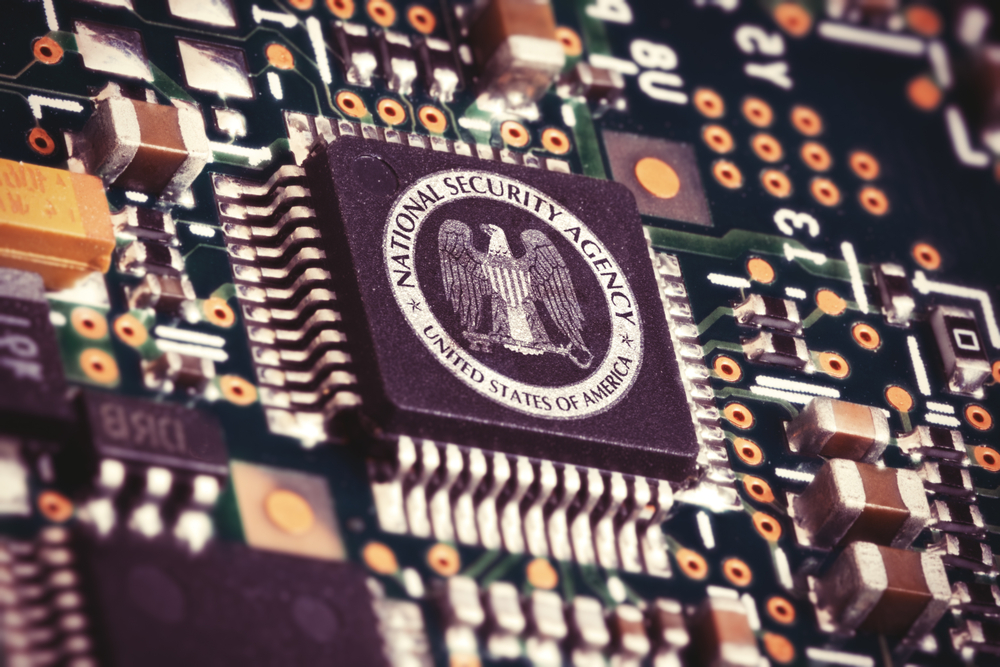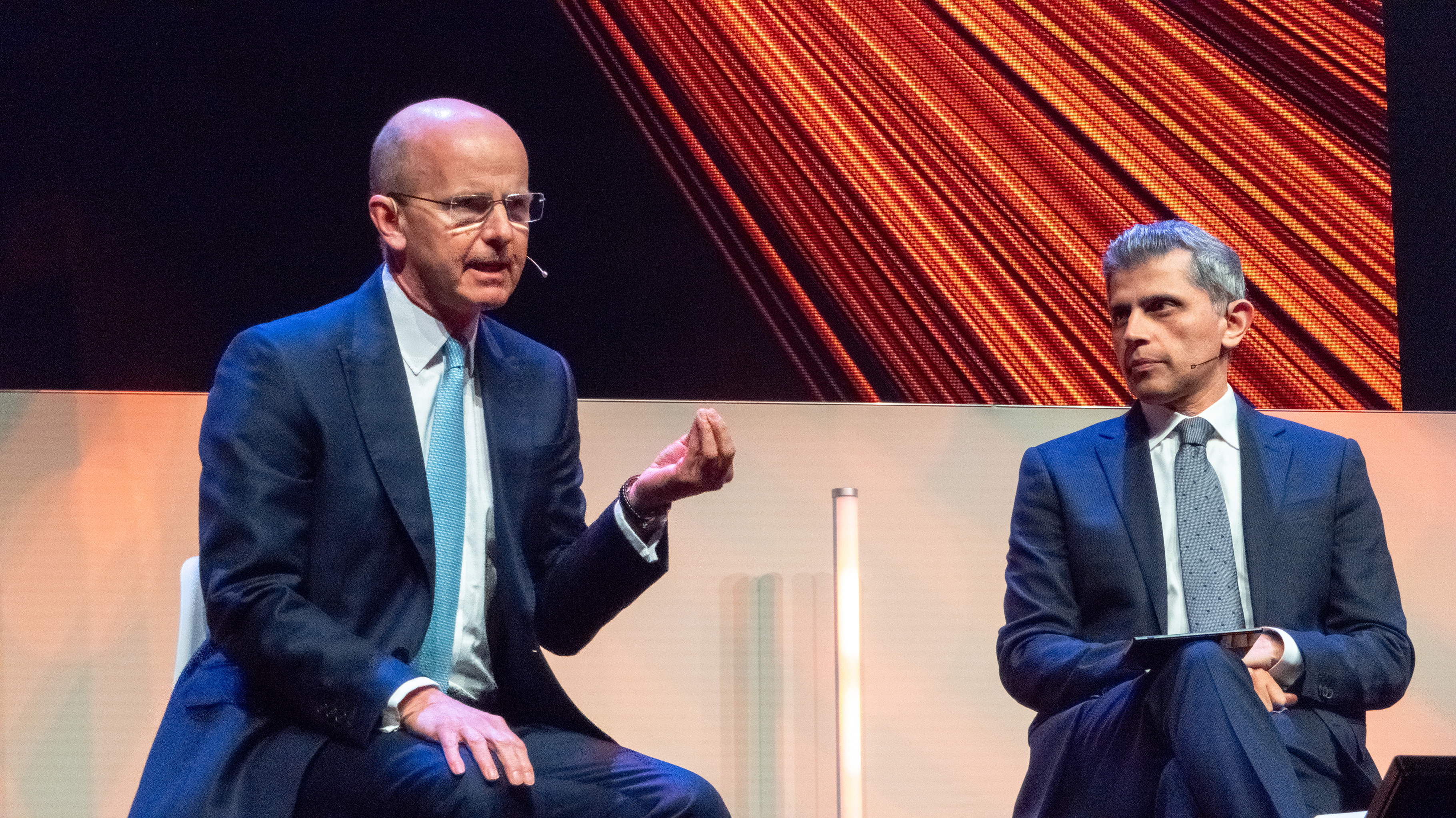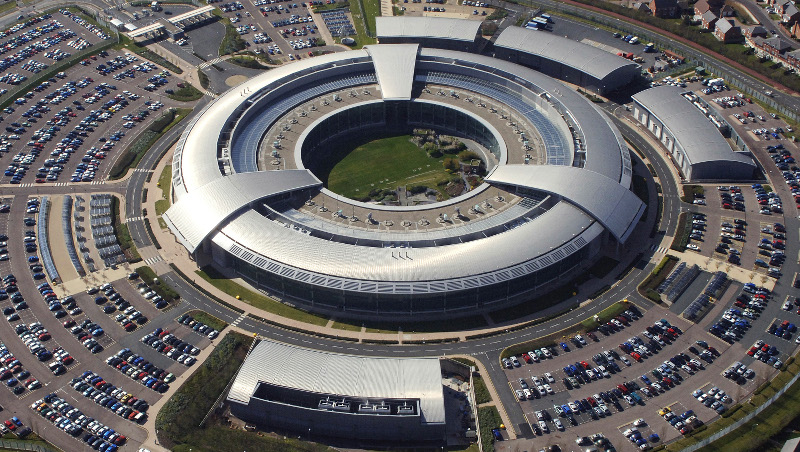NSA and GCHQ have been spying on you for 50 years
Journalist reveals very first mass surveillance programme, Project Echelon

A spy programme known as Project Echelon has been tapping into billions of phone calls a year for the last half-century, according to a campaigning journalist writing for The Intercept.
The scheme was jointly-run by US agency NSA and British agency GCHQ, and signalled the advent of mass surveillance by ushering in an age of "Big Brother"-style snooping, according to one source.
Starting in 1966, the project leapt into life when the NSA fronted the money for the GCHQ to build a station in Bude, Cornwall, capable of intercepting satellite communications from Intelsat, the first commercial communications satellite network.
Journalist Duncan Campbell and fellow reporter Jim Bamford located a second site in Yakima, America, that intercepted US-Asia communications.
Campbell wrote: "At the dawn of the era of mass surveillance, almost 50 years ago, the ECHELON stations at Bude and Yakima were the global mass surveillance system."
The Echelon system was automated, and able to sift through vast swathes of data from these satellites to sort and categorise it all.
Speaking to a former Lockheed (now Lockheed Martin) employee in the late 1980s who was responsible for managing NSA databases at a new site in California, Campbell learned how Echelon was spying on politicians, and his source also shared plans for the IT system underpinning the project.
Get the ITPro daily newsletter
Sign up today and you will receive a free copy of our Future Focus 2025 report - the leading guidance on AI, cybersecurity and other IT challenges as per 700+ senior executives
He wrote: "The plans showed how ECHELON, also called Project P415, intercepted satellite connections, sorting phone calls, telex, telegraph and computer signals.
"Although the internet was then in early infancy, what was carried digitally was covered. The way ECHELON had been designed, she said, demonstrated the targeting of U.S. political figures was not an accident."
Campbell added that the scale of the operation had shocked him.
"The NSA and its partners had arranged for everything we communicated to be grabbed and potentially analyzed," he said. "ECHELON was at the heart of a massive, billion-dollar expansion of global electronic surveillance for the 21st century."
However, Campbell's expose of the spying programme in 1988 was ignored for 11 years, until the European Parliament commissioned an investigation in 1999.
Though the parliament mandated extensive action against mass surveillance in 2001, a few days later the Twin Towers were destroyed in the 9/11 terrorist attack.
"Any plans for limiting mass surveillance were buried with the victims of 9/11," wrote Campbell.
Since Edward Snowden's revelations about the NSA laid bare the extent of spying programmes against US and European citizens, public interest has spiked in privacy, and some of the documents leaked actually confirmed Campbell's reports.
-
 Third time lucky? Microsoft finally begins roll-out of controversial Recall feature
Third time lucky? Microsoft finally begins roll-out of controversial Recall featureNews The Windows Recall feature has been plagued by setbacks and backlash from security professionals
By Emma Woollacott Published
-
 The UK government wants quantum technology out of the lab and in the hands of enterprises
The UK government wants quantum technology out of the lab and in the hands of enterprisesNews The UK government has unveiled plans to invest £121 million in quantum computing projects in an effort to drive real-world applications and adoption rates.
By Emma Woollacott Published
-
 Former GCHQ intern risked national security after taking home top secret data
Former GCHQ intern risked national security after taking home top secret dataNews A former GCHQ intern has pleaded guilty to transferring data from a top-secret computer onto his work phone.
By Bobby Hellard Published
-
 Businesses must get better at sharing cyber information, urges former GCHQ chief
Businesses must get better at sharing cyber information, urges former GCHQ chiefJeremy Fleming, the former head of GCHQ, has warned businesses face increasingly sophisticated cyber attacks on critical national infrastructure (CNI).
By Rory Bathgate Published
-
 Hackers are lying low in networks to wage critical infrastructure attacks - here’s how they do it
Hackers are lying low in networks to wage critical infrastructure attacks - here’s how they do itNews Hackers are researching key IT workers in their bid to gain access to vital systems
By Steve Ranger Published
-
 ASUS, Cisco, Netgear devices exploited in ongoing Chinese hacking campaign
ASUS, Cisco, Netgear devices exploited in ongoing Chinese hacking campaignNews Critical national infrastructure is the target of sustained attempts from state-sponsored hackers, according to Five Eyes advisories
By Ross Kelly Published
-
 US reveals bespoke tool that took down Russian malware operation
US reveals bespoke tool that took down Russian malware operationNews Snake had been used to steal NATO countries’ data for 20 years
By Rory Bathgate Published
-
 Move away from memory-unsafe languages like C and C++, NSA urges
Move away from memory-unsafe languages like C and C++, NSA urgesNews The US agency advises organisations to begin using languages like Rust, Java, and Swift
By Zach Marzouk Published
-
 US gov issues fresh warning over Russian threat to critical infrastructure
US gov issues fresh warning over Russian threat to critical infrastructureNews The FBI, NSA and CISA have urged network defenders to be on "heightened alert" for Russian cyber attacks
By Connor Jones Published
-
 UK and US pledge to punish cyber criminals at annual meeting
UK and US pledge to punish cyber criminals at annual meetingNews Intelligence and defence officials met at the annual forum to discuss approaches to cyber security for the years ahead
By Connor Jones Published